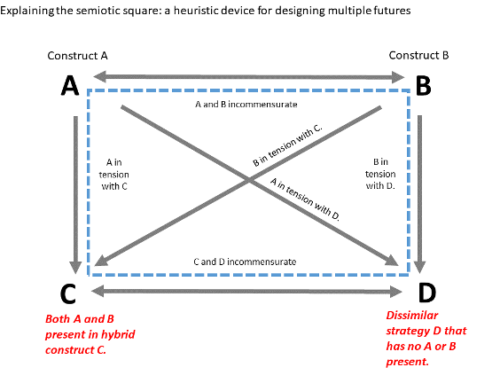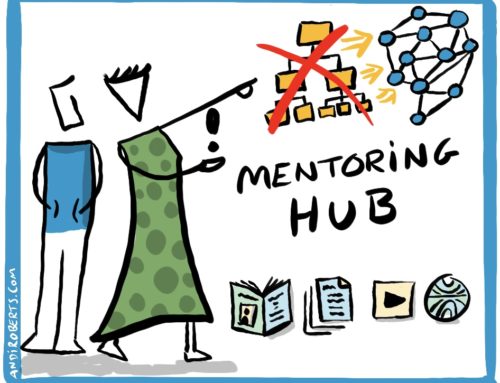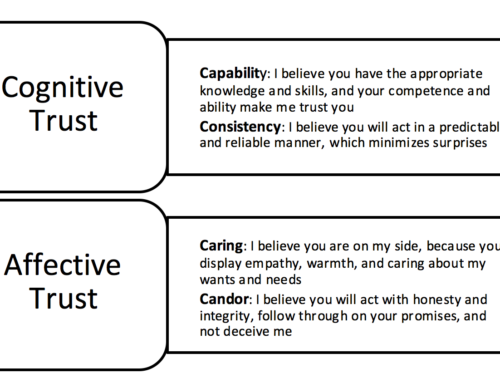Organisations have created dependency and this is a key blocker to the freedom we seek. If we wish to unleash the capability of all, we need to break down the self imposed mindsets that have locked us into the control and politics of the organisation.
Who should read The Empowered Manager
Top quotes from The Empowered Manager
We do nothing alone and there are others with the same vision who are waiting for us right around the corner.”
Top takeaways from The Empowered Manager
-
Many, if not most organisations have create a disempowering bureaucratic cycle based on a patriarchal contract, that drives myopic self interest, leading to manipulative tactics that cause dependency, rather than empowering entrepreneurial contracts that encourage enlightened self interest, empowering authentic ways of working that create autonomy and interdependence.
-
The patriarchal cultures we have created force us into traps which we can escape: We should aim for possibilities rather than maintenance, employ more courage than caution and strive autonomy rather than dependency.
-
Empowerment is a state of mind as well as a result of position, policies and practices. People at the top have are in the middle (they have shareholders etc), Change from the top down happens at the will and whim of those below and the power of a boss is asymmetrical.
-
To feel empowered we need to recognise that our survival is in our hands, having a personal driving purpose supports our actions and we should commit ourselves to that action, recognising that we can’t do it alone and so we require the interdependence from our peers.
-
To help build engagement and commitment, be relentless in focusing on it: Focus on what we want and don’t get sidetracked. encourage ownership in tasks and decisions, confront passive/non-assertive behaviour and embed a vision of greatness and possibility for ourselves and others.
-
Don’t get sucked into manipulating: Say no when you mean it, share as much information as possible, use language that describes the reality and beware of repositioning so ideas get accepted –> Brutal truth should be heard.
-
To create a more entrepreneurial organisation, we need to be able to describe what we are aiming for. A vision statement outlines our preferred future. Focus on what you offer the customer or each other, don’t make it practical as this restrains choices, start with the customer then consider own team. More important then the word is the process of creation and then driving momentum towards making it a reality.
-
As we work with others we should follow this recipe: A) Exchange vision, purpose or goals B) Affirm or negotiate agreement C) Affirm or negotiate trust.
-
We need to recognise that we have agency in terms of how we deal with organisational politics. Balancing autonomy, dependence, and interdependence begins with understanding what form our own political behavior takes (Eight scripts: Rescue, Look good, Be pleasing, Withdraw, Rebel, Be aggressive, Be formal, Be rational). Positive politics requires direct communication of wants, feelings, hopes, disappointments, and doubts.
Connected readings
Peter’s has written extensively on leadership within organisations. “Stewardship” would a good starting point. “The answer to how is yes” and “Flawless consulting” & “Community” provide additional techniques to create collaboration and partnership.
Quick visual Notes for The Empowered Manager



Connection to my work:
As a leadership coach, facilitator and executive educator the book resonates with me as it discusses how to rewire organisations through collaboration and empowerment. I run, in partnership with a global team from Peter’s company, Design Learning “Building Trusting Relationships” and “empowered at work”, which are based around this book, as well as “Flawless Consulting”.





[…] to do and be. From an organisational perspective, I would also add in “The empowered manager” (summary) for leaders looking to take more of a stewardship stance in their organisation. Click HERE to buy […]